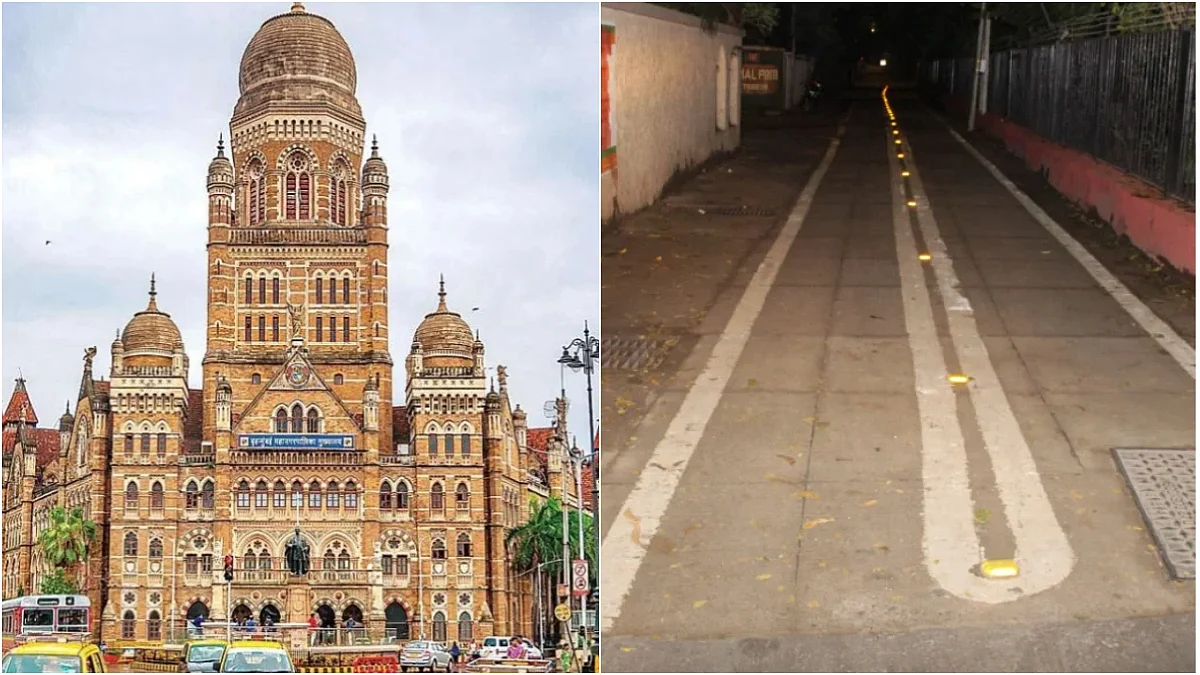Mumbai: With the recent lull in rainfall, the risk of mosquito-borne diseases such as dengue and malaria has surged across Mumbai. In response, the Brihanmumbai Municipal Corporation’s (BMC) insecticide department has intensified its crackdown on mosquito breeding sites, issuing over 14,000 notices and filing legal cases against 2,000 residents for non-compliance.
Byculla, Parel Identified as Major Hotspots
According to civic officials, Byculla (E Ward) and Parel (F South Ward) have emerged as major hotspots for mosquito infestation. Insecticide squads have been deployed across all 24 municipal wards, destroying an average of 250 Anopheles (malaria-spreading) and 1,000 Aedes (dengue-spreading) mosquito breeding sites daily.
Over the past year, the BMC has eliminated around 17,500 Anopheles and 82,000 Aedes breeding grounds. In the last two months alone, action has been taken at nearly 8,000 locations. Teams are inspecting buildings, offices, chawls, mill compounds, godowns, and housing societies as part of the citywide surveillance and eradication drive.
Over 14,000 Notices Issued, 2,000 Legal Cases Filed
Of the 14,000 notices served, nearly 80% of residents have complied and taken preventive measures. However, in 2,000 cases where violations continued, the civic body has approached the court. Penal action against defaulters, particularly commercial establishments flouting norms, is currently underway.
“The BMC urges all citizens to maintain clean surroundings and prevent water stagnation, which serves as breeding grounds for mosquitoes. Public cooperation is crucial to bringing these diseases under control,” said a senior BMC health official.
The BMC’s campaign is part of a broader preemptive strategy to tackle seasonal outbreaks and reduce health risks in the city.
Malaria and Chikungunya Cases Climb Sharply in 2025
Mumbai has witnessed a sharp rise in malaria cases this year, with 3,490 cases recorded from January to mid-July 2025 compared to 2,852 during the same period in 2024. This increase is largely attributed to the early onset of rains in May, which created favourable conditions for mosquito breeding. Chikungunya cases have also surged significantly, rising from 46 last year to 179 this year.
However, dengue cases have slightly declined, with 734 reported in 2025 compared to 966 in 2024. Water-borne diseases such as leptospirosis, gastroenteritis, and hepatitis have also shown a decline during the same period.
BMC Launches ‘Zero Mosquito Breeding Campaign’
In response to the rising threat, the BMC has launched the “Zero Mosquito Breeding Campaign” following a recent visit by officials from the National Center for Vector Borne Disease Control (NCVBDC) in Delhi. The campaign aims to prevent mosquito breeding in municipal hospitals, offices, and residential areas across the city.







